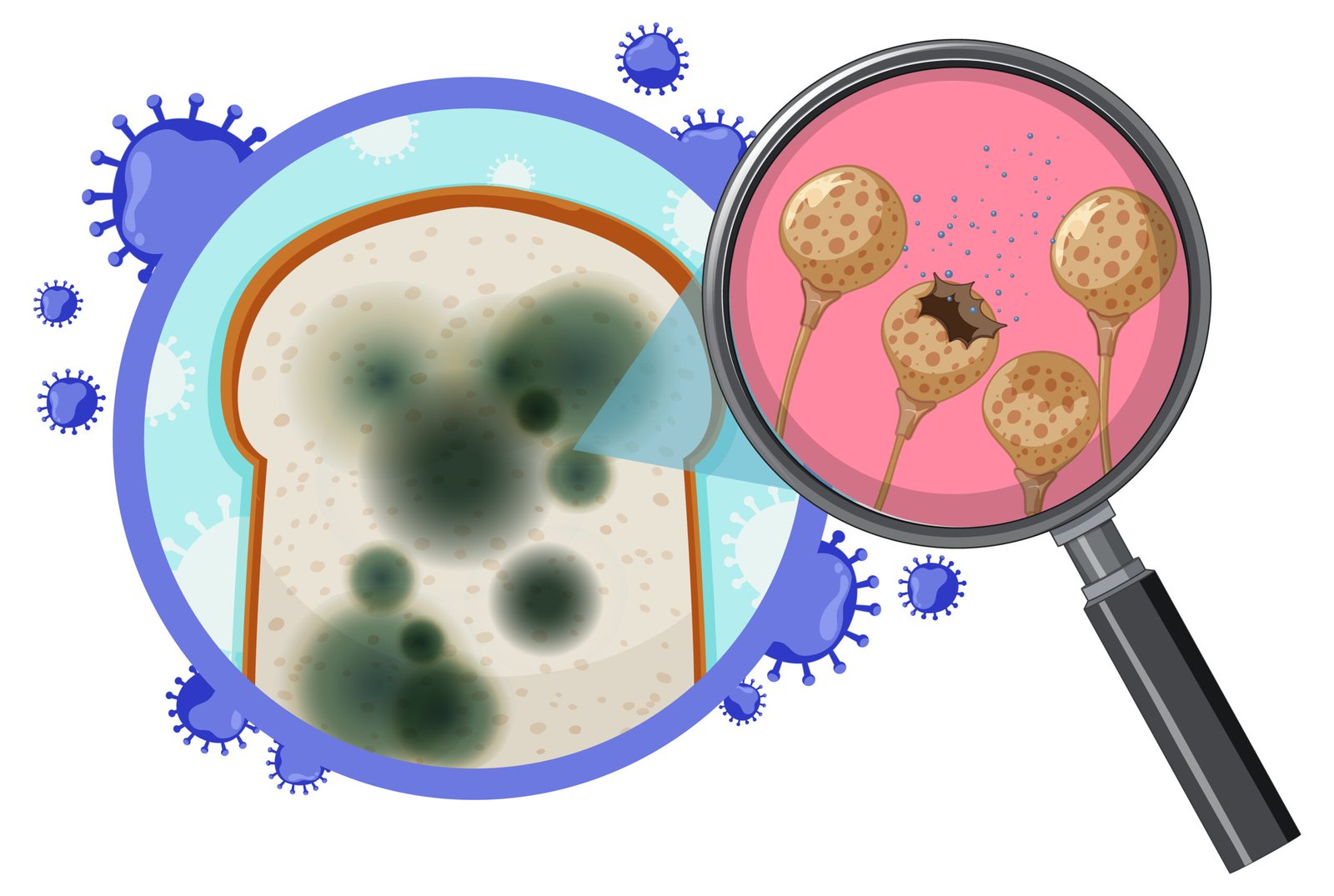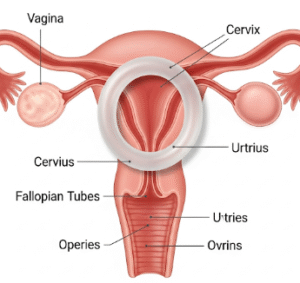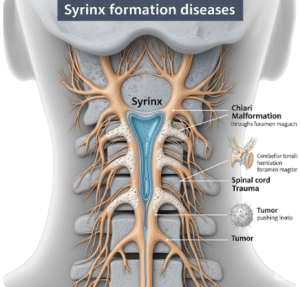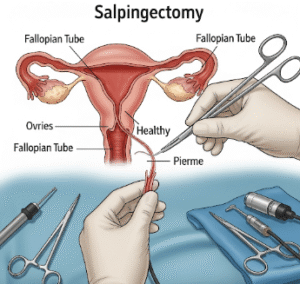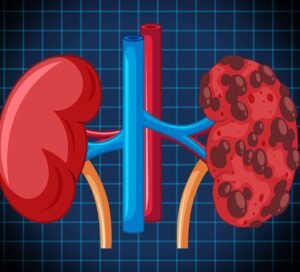Overview
Systemic fungal infection, also called invasive fungal infection, is a severe condition where fungal pathogens spread beyond the skin or mucous membranes into the bloodstream or internal organs. It can be life-threatening, particularly in individuals with weakened immune systems. In Korea, rapid diagnosis and specialized antifungal treatment are crucial due to the high mortality risk associated with systemic infections.
What is Systemic Fungal Infection?
A systemic fungal infection occurs when fungi, such as Candida, Aspergillus, or Cryptococcus, invade the bloodstream and internal organs like the lungs, brain, liver, or kidneys. Unlike localized fungal infections (e.g., athlete’s foot), systemic infections affect multiple systems of the body and require urgent medical attention.
Symptoms
- Persistent fever not responding to antibiotics
- Chills and night sweats
- Shortness of breath or cough
- Fatigue and weakness
- Skin lesions or rashes
- Confusion or neurological changes (if brain is affected)
- Abdominal pain or swelling (if liver or spleen is involved)
Causes
- Inhalation of fungal spores from the environment
- Entry of fungi into the bloodstream through catheters or wounds
- Overgrowth of fungi already present in the body (e.g., Candida)
- Contaminated medical devices or intravenous solutions
Risk Factors
- Immunosuppression due to chemotherapy, HIV/AIDS, or organ transplantation
- Long-term use of corticosteroids
- Uncontrolled diabetes mellitus
- Prolonged ICU stay or mechanical ventilation
- Premature infants with underdeveloped immune systems
- Chronic lung diseases
Complications
- Septic shock
- Multiple organ failure
- Brain infections (fungal meningitis)
- Permanent vision loss (if eyes are affected)
- High mortality rate if untreated
Prevention
- Strict infection control in hospitals
- Regular cleaning and sterilization of medical devices
- Limiting unnecessary use of broad-spectrum antibiotics
- Wearing masks in high-risk environments (construction sites, farms)
- Early treatment of localized fungal infections before they spread
Treatment Options in Korea
In South Korea, systemic fungal infections are treated using advanced diagnostic and therapeutic approaches:
- Rapid Diagnostics: Blood cultures, PCR tests, and fungal antigen detection
- Antifungal Medications: Intravenous amphotericin B, echinocandins (e.g., caspofungin), or azoles (e.g., voriconazole, fluconazole)
- Combination Therapy: For resistant infections, multiple antifungals may be combined
- Surgical Intervention: Removal of infected catheters or drainage of abscesses
- Specialized Care: Treatment in tertiary care hospitals with infectious disease specialists such as those at Seoul National University Hospital, Asan Medical Center, or Samsung Medical Center
- Supportive Care: Oxygen therapy, nutritional support, and monitoring in intensive care units

